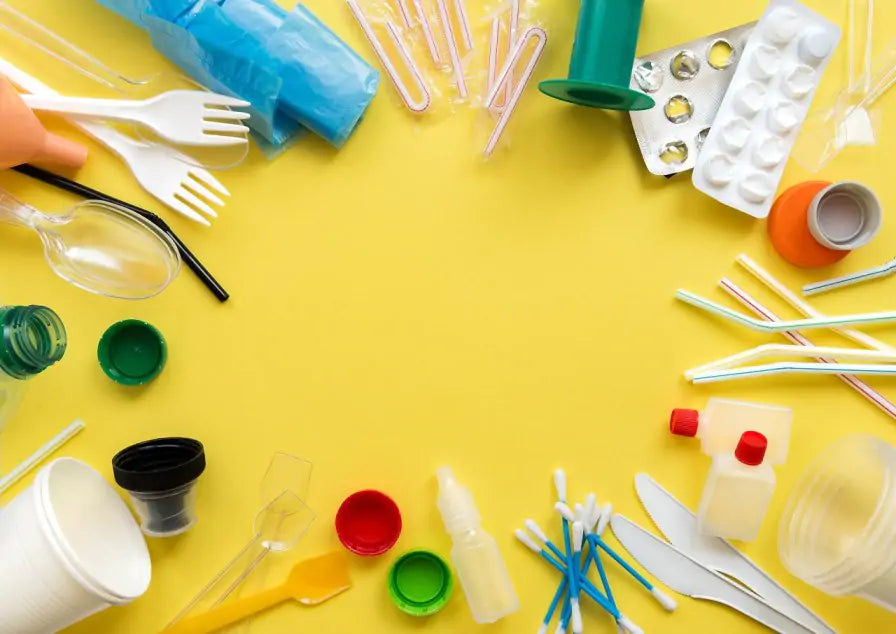Why not add these to compliment your wheelie bins?
Your basket is currently empty.
Shop NowWe guarantee to have the lowest price! Find the same bin for a cheaper price and we will beat it!

The European Commission (EC) has proposed a complete ban on some of the most commonly used disposable plastic item in Europe, including single-use cutlery, plates, drinks stirrers, straws, and cotton buds. Producers of these items will have to use recyclable materials or sustainable alternatives to plastic. The EC has drafted a Single-Use Plastics Directive, which covers these items because they are the most common sources of marine litter. They wants to reduce single-use plastic marine litter by more than half by 2030 while investing in sustainable alternatives which will create jobs.
Measures proposed in the directive include complete bans on single-use items, increased manufacturer obligations, stricter labelling requirements and more stringent waste collection targets. Around £87 million is being earmarked to put these plans into action by 2020.
The directive comes as part of a wider European Plastics Strategy, which aims to create a circular plastics economy in the EU, make packaging designs more recyclable, and to increase demand for recycled plastic.
The Commission is aiming to reduce marine litter by ‘more than half’ by 2030 for the single-use items, while investing in innovative alternatives, which it claims will create around 30,000 new jobs.
Reducing the use of single-use food and beverage containers
The directive will also require EU member states to reduce their consumption of single-use containers for food and drinks. Instead of focusing on recycling more containers, the focus will be on minimising their use and so preventing the waste in the first place. EU countries will be required to collect 90% of single-use plastic bottles for recycling by 2025. Bottles will only be accepted for recycling if their lids and caps are included, so that all materials can be recycled.

Increased responsibility for manufacturers
The manufacturers of goods that are known to be difficult to recycle, such as food and drink containers, balloons, cigarette filters, packets and wrappers, plastic bags, wet wipes and fishing gear will be required to contribute financially to the cost of waste management and litter clean up. They will also be required to contribute to recycling awareness campaigns, particularly to educate people about the environmental impact of using single-use items.
Stricter labelling of products
Manufacturers will need to make it clear to customers on their packaging exactly how it can be disposed of correctly.
The need to tackle plastic waste sooner rather than later
The EC president said that plastic waste is a huge issue and that member states need to work together to protect the environment. He added that the directive is aimed at providing people with more sustainable alternatives to plastic items which will be better for the planet in the long run.
The packaging industry hits back
A representative from PlasticsEurope UK, which represents plastic manufacturers across the EU, has described the proposals to ban products as a shortcut which won’t achieve the change that is needed to make the economy more sustainable and efficient with resources.